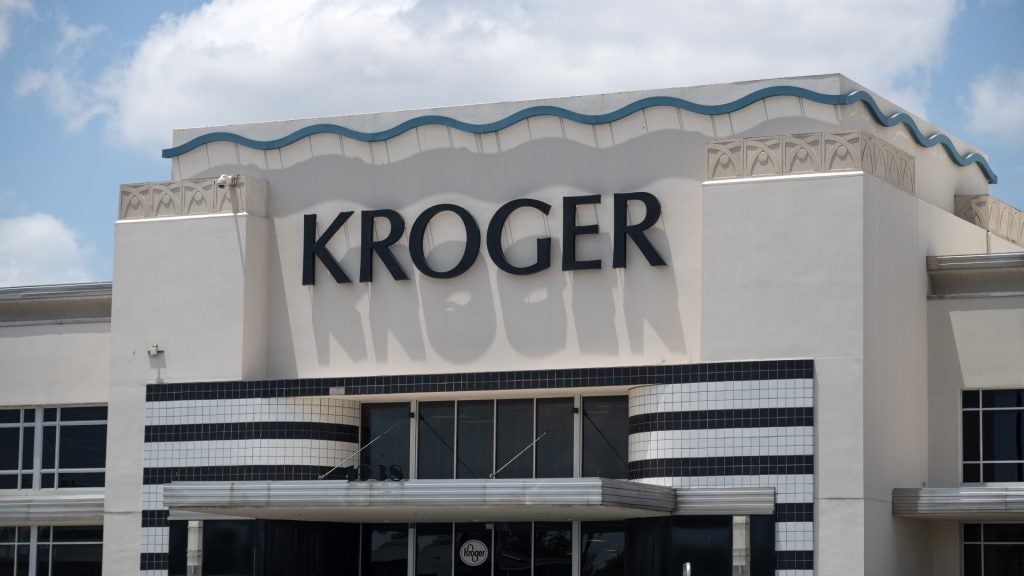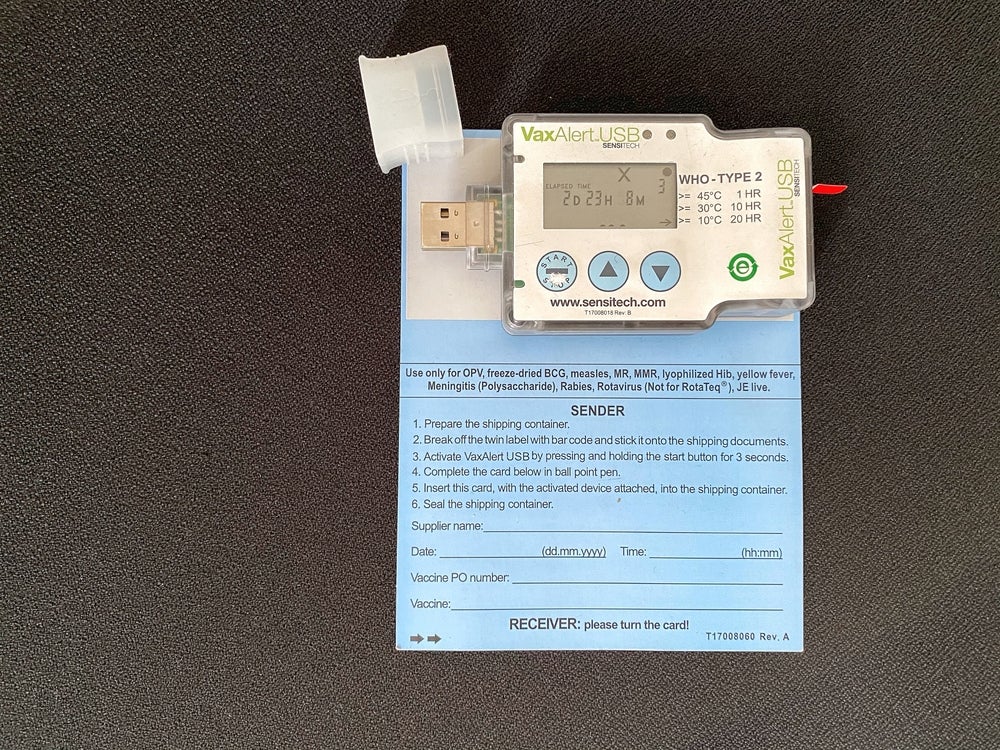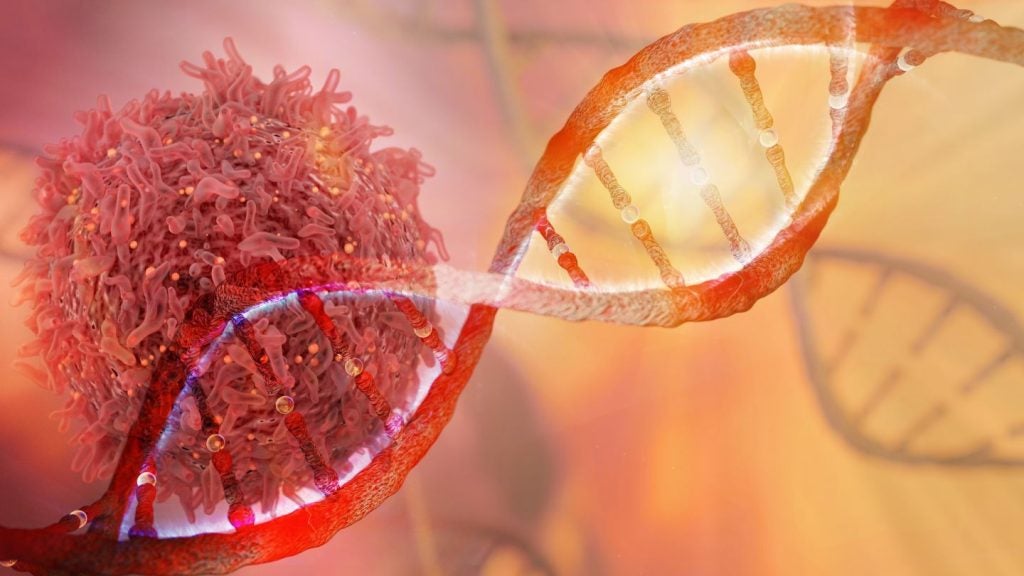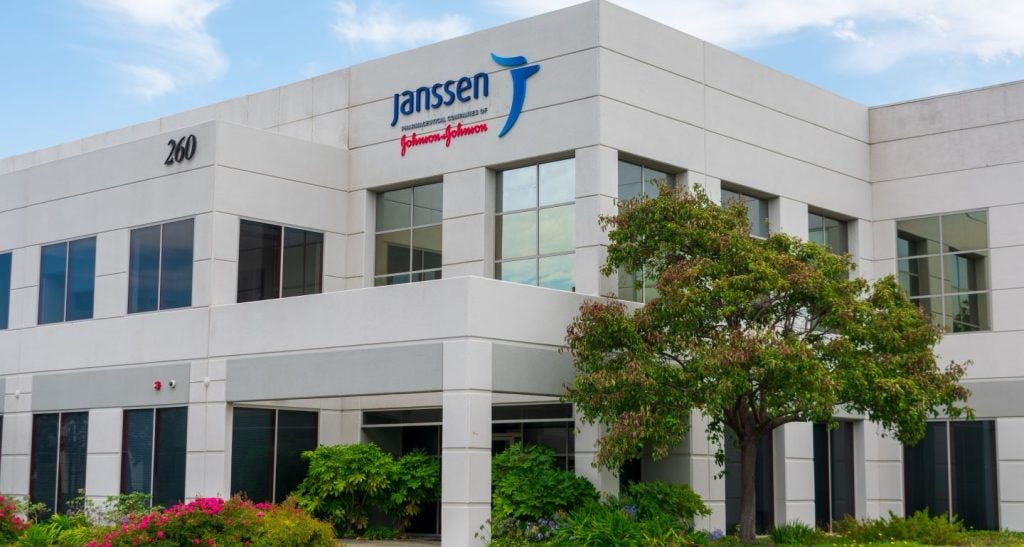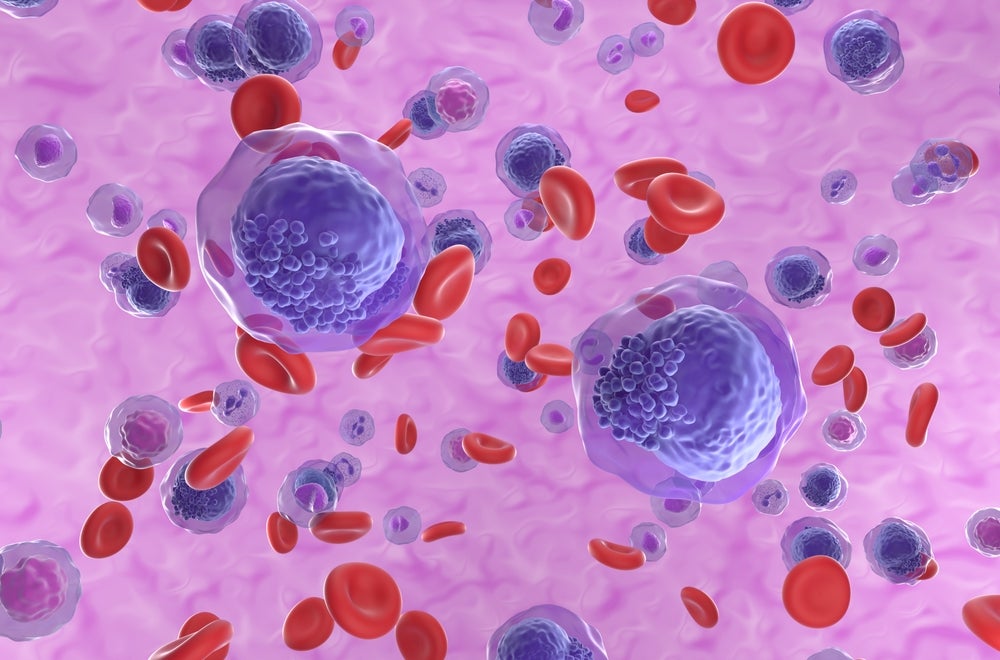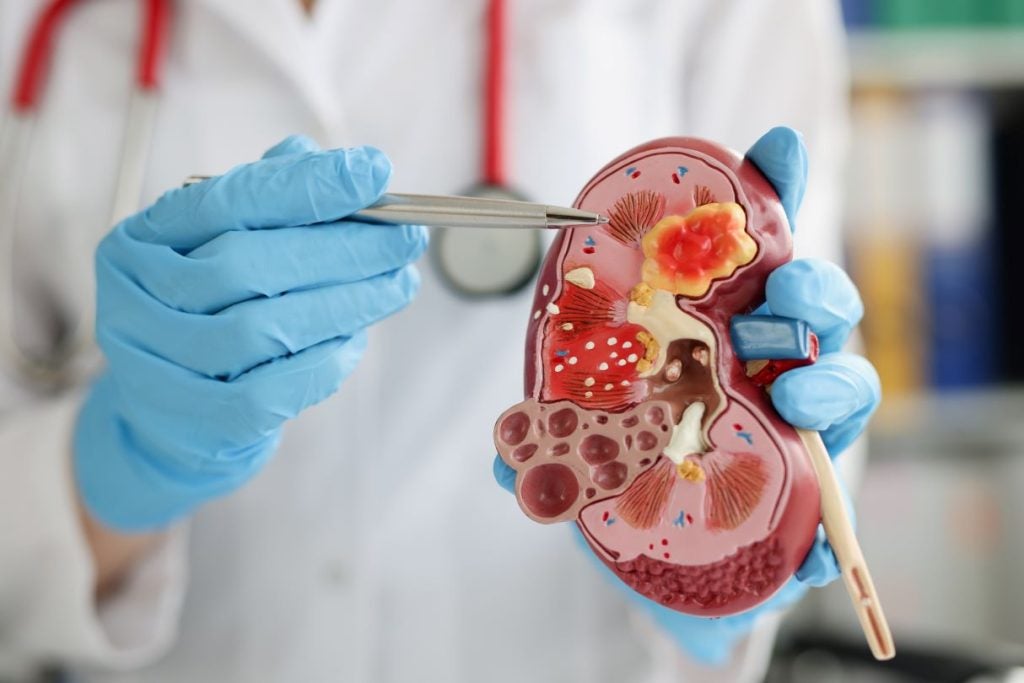US grocery chain Kroger is set to pay $1.4bn to settle allegations that the company worsened the opioid crisis in the country through its pharmacies.
Up to $1.2bn will go to states and polities to aid in harm reduction efforts, as well as $36m to Native American tribes, who are disproportionately affected by the epidemic. Around $177m will cover legal fees. The news follows several other large pharmacy chains reaching similar deals last year.
The lawsuit brought by Washington state last year alleges that the company, alongside others, “illegally, recklessly and negligently filled opioid orders without adequately investigating “red flags” of fraud or overprescribing.”
In its statement, Kroger maintains that “this settlement is not an admission of wrongdoing or liability” and that it has “long served as a leader in combatting opioid abuse”. The veracity of this second claim is clearly in question, but legally speaking they are currently in the clear.
The same cannot be said for the Sackler family, the owners of Purdue Pharma. Purdue are accused of creating the opioid crisis through heavily marketing their opioid painkiller OxyContin whilst downplaying its addictive qualities.
The company – and the family – reached a settlement in 2021 involving a large payout to those who brought lawsuits, including states and individuals. It would also involve allowing Purdue going ahead with its bankruptcy, giving the Sacklers civil immunity from future suits despite not filing for personal bankruptcy, which activists have described as “a misuse of the bankruptcy court”.
This decision has proved controversial beyond the realm of activist groups, however. The Biden administration is also unconvinced that giving the Sacklers personal immunity was the right decision and has convinced the Supreme Court to pause the settlement pending review.
Meanwhile, the opioid overdose-reversing drug Narcan received over-the-counter approval earlier this year. Its producer, Emergent Biosolutions, has said it will sell the drug to individuals for under $50. GlobalData intelligence suggests that despite the likely increase in usage, the drug’s sale value has already peaked and is likely to decline over the coming years.
Our signals coverage is powered by GlobalData’s Thematic Engine, which tags millions of data items across six alternative datasets — patents, jobs, deals, company filings, social media mentions and news — to themes, sectors and companies. These signals enhance our predictive capabilities, helping us to identify the most disruptive threats across each of the sectors we cover and the companies best placed to succeed.


